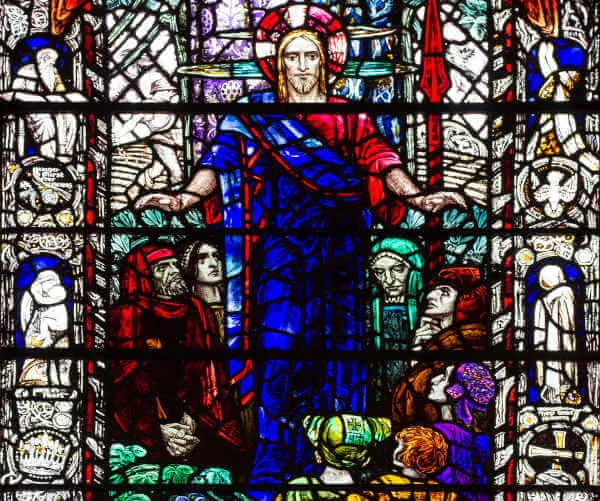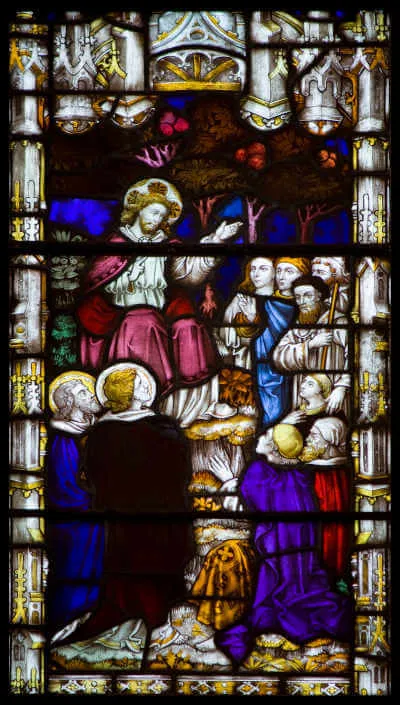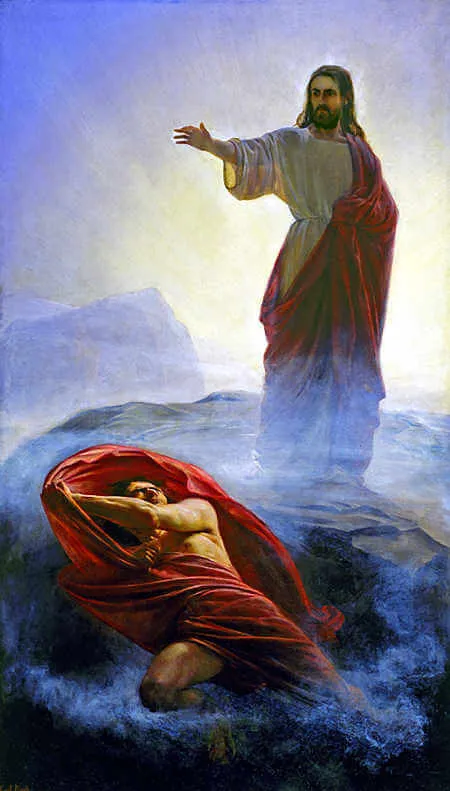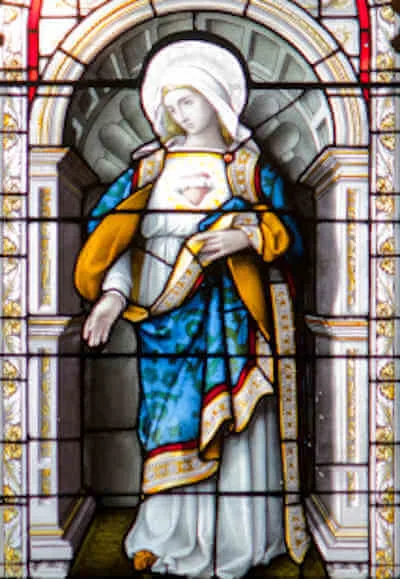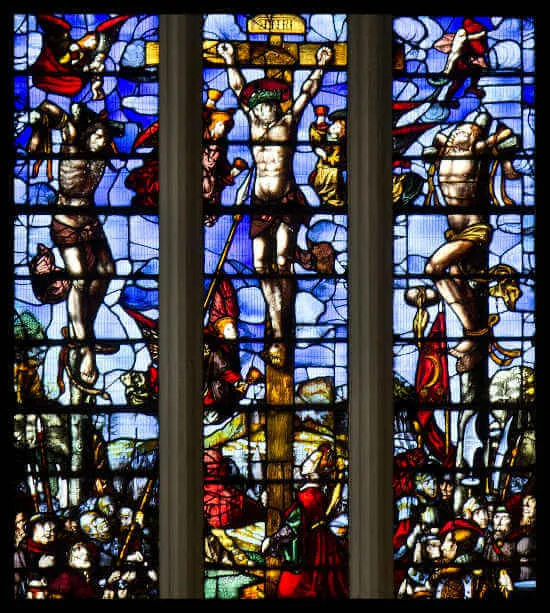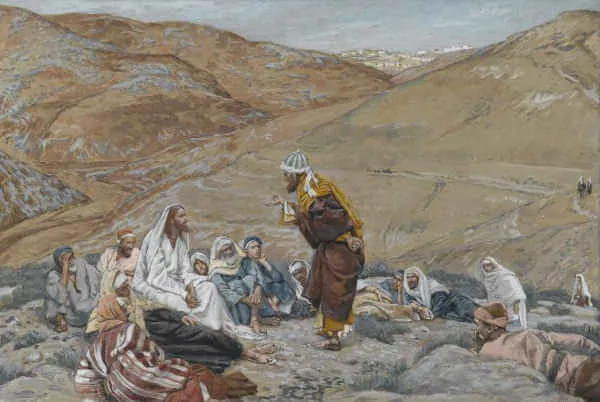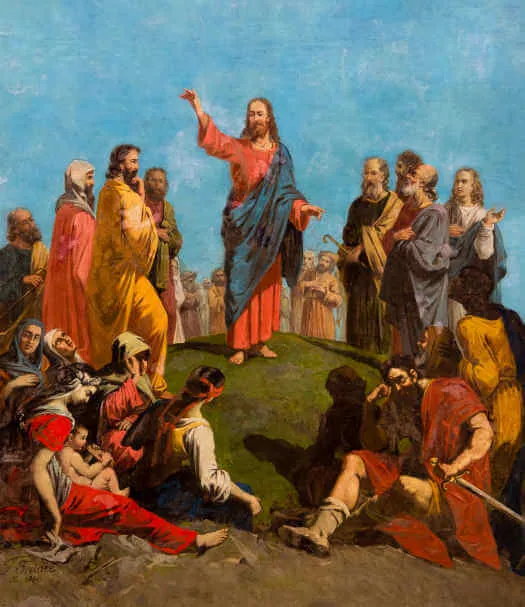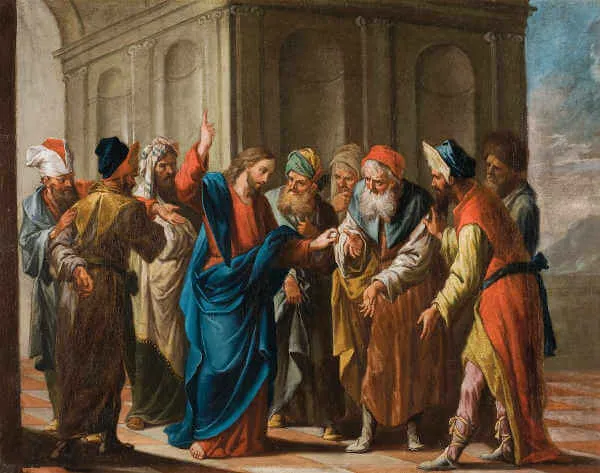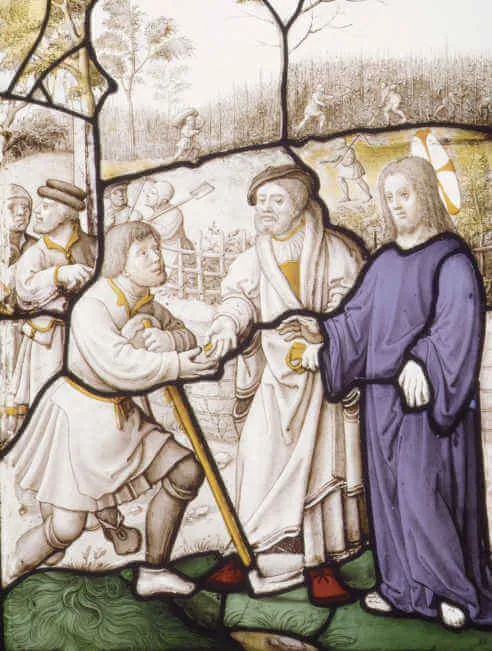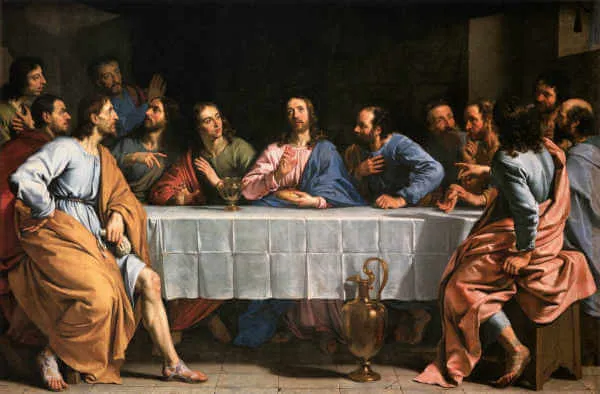Matthew 5:13-14
Salt and Light for the World
Jesus said to his disciples: “You are the salt of the earth. But if salt loses its taste, with what can it be seasoned? It is no longer good for anything but to be thrown out and trampled underfoot. You are the light of the world…”
Reflection:
Every Christian has two primary duties in life. First, we must strive for personal holiness. And second, we must work to help others achieve this same degree of holiness. This is what it means to be the “salt of the earth” and the “light of the world.”
Consider salt. Salt is a preservative, and it also adds flavor to food. It does so by entering the food and, in a sense, disappearing. So it must be with us. First, our Lord must enter our lives and preserve us from the corruption of sin. But as He does so, He will also bring out our goodness in a way that the “flavor” of holiness is evident to others. In this way, we will be used as salt for others. This is especially done by our works of charity.
Saint Thérèse of Lisieux said in her autobiography, “I see now that true charity consists in bearing with the faults of those about us, never being surprised at their weaknesses, but edified at the least sign of their virtue.” She believed that this was especially the way we act as salt and light to others. We help to preserve others from sin by being merciful to them when they are weak. We enrich their lives by seeing their goodness and rejoicing in it. And we do so in a hidden way. By our gentleness and compassion, our kindness and mercy, we preserve others and help them to grow in God’s abundant grace. And we do so, many times, without them even realizing how God used us.
Consider, also, light. The world in which we live is oftentimes quite dark and despairing. There is corruption all around us and temptations abound. Thus, the light of Christ must be made manifest far and wide. Those all around us need to see clearly the path to holiness and happiness. Again, this is possible if we first work to become light itself. Christ, the true Light of the World, must so permeate our lives that we find it almost automatic to shine brightly in a fallen world. When Christ is alive in us, we will radiate joy and peace, calm and conviction, moral goodness and determination. And when we live this way, we will not have to “impose” the Gospel on others; rather, God’s light will simply shine and be a beacon of hope to those who come into our presence.
Reflect, today, upon these two missions in life. First, ponder your call to holiness. How does God want to bring light into your own life, preserve you from all sin and add spiritual flavor for holy living? Second, who does God want you to love with His love? Who needs hope and joy, mercy and kindness, words of wisdom and encouragement? Be holy and then allow that holiness to shine forth to others and you will indeed be the salt of the earth and the light of the world.
Source: https://catholic-daily-reflections.com/2024/06/10/salt-and-light-for-the-world-3/


